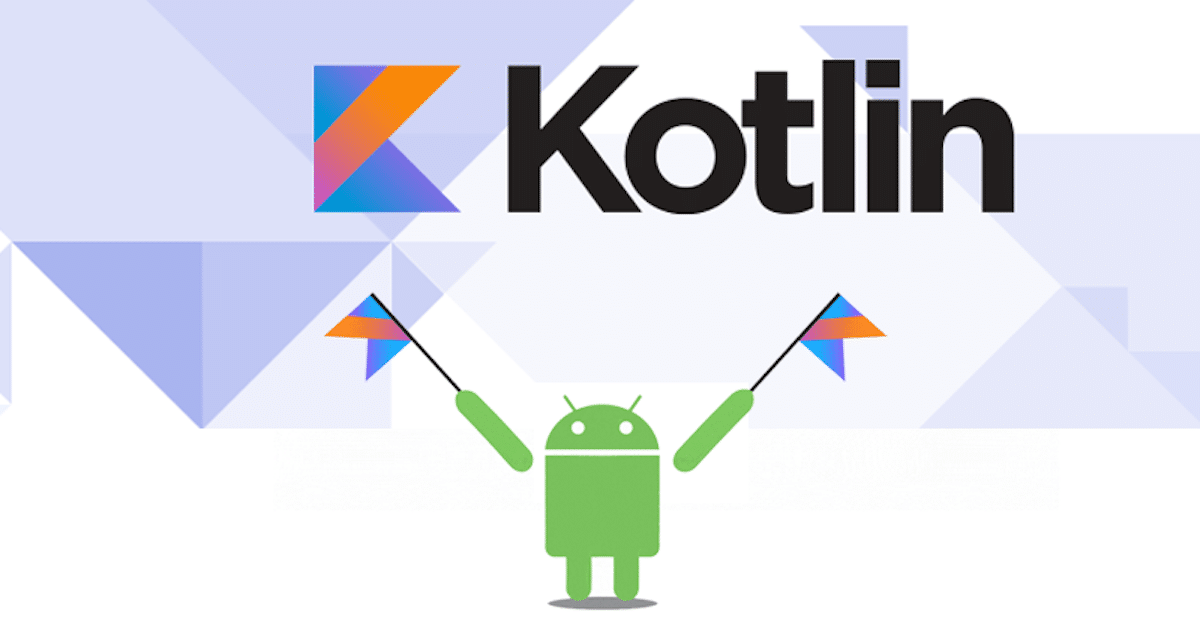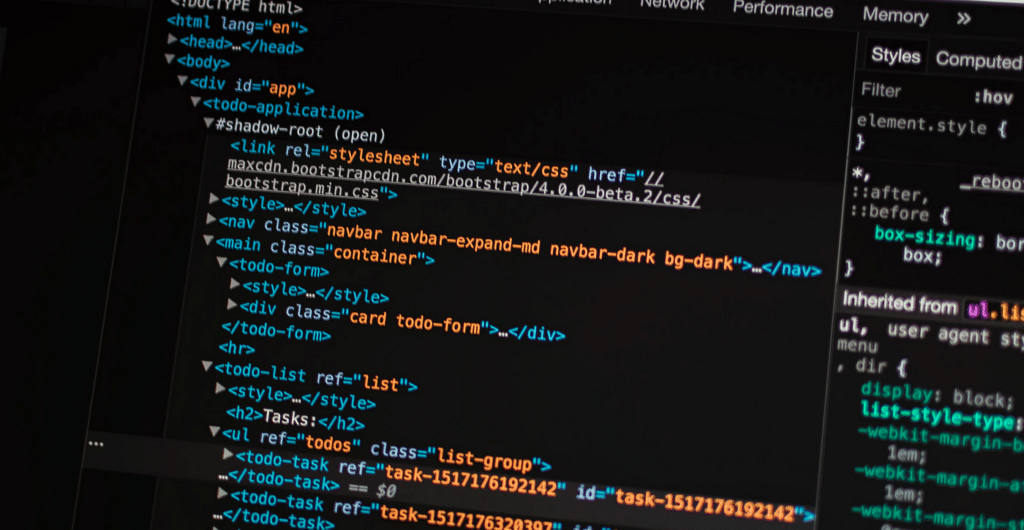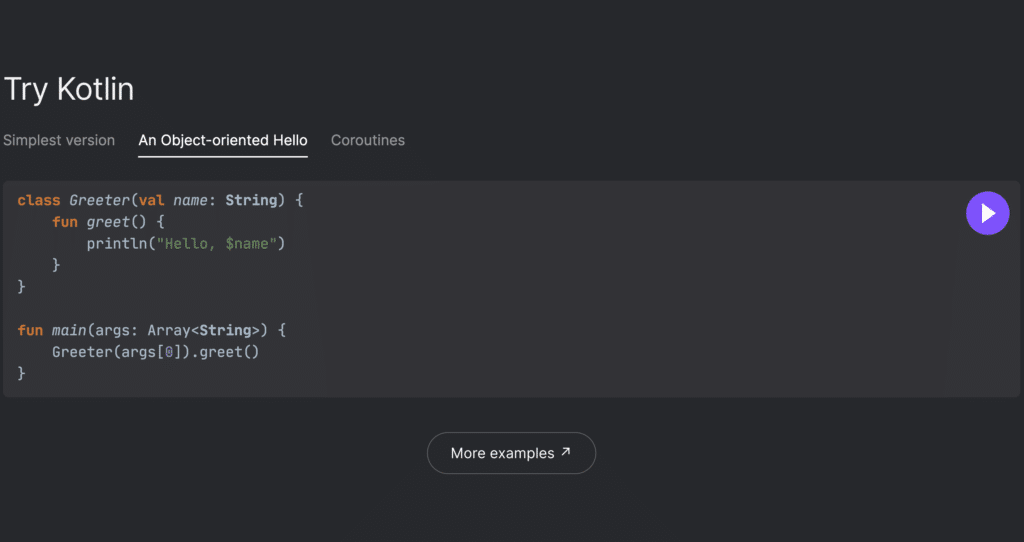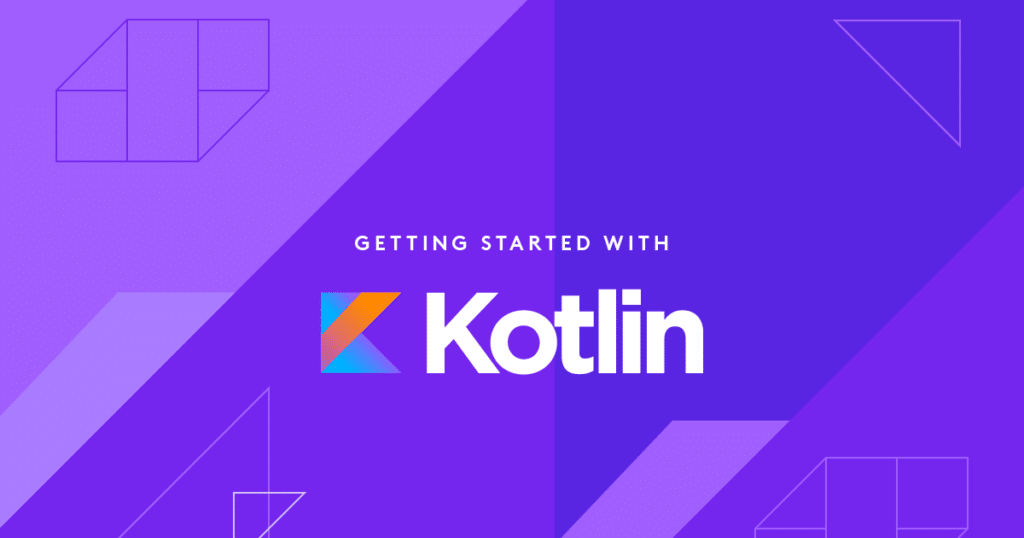Is Kotlin Programming Language Still Relevant in 2023

In recent years, Kotlin has emerged as one of the most popular programming languages for developing Android apps, web applications, and backend systems. Created by JetBrains, a leading software development company, Kotlin was designed to address some of the limitations and challenges of Java, the dominant language in the enterprise software world. Since its introduction in 2011, Kotlin has gained a dedicated community of developers and a strong ecosystem of tools and libraries. However, with the fast-changing nature of the tech industry, one might wonder if Kotlin is still relevant or if it has been surpassed by newer languages. In this article, we will explore the unique features and advantages of Kotlin and assess its continuing relevance in modern software development.
Table of contents
Syntax and Interoperability

One of the key benefits ofKotlin is its concise and expressive syntax. Kotlin allows developers to write code that is more readable and less verbose than Java while still maintaining full interoperability with Java code. This means that Kotlin can be used seamlessly with existing Java libraries and frameworks, making it easy for Java developers to learn and adopt Kotlin. Additionally, Kotlin provides many language features that are not available in Java, such as null safety, extension functions, and type inference, which can greatly improve the productivity and reliability of software development.
Kotlin’s popularity is particularly evident in the Android app development community. Since Google announced official support for Kotlin in 2017, Kotlin has become the preferred language for many Android developers. This is because Kotlin can reduce the amount of boilerplate code required for Android development, leading to faster development and easier maintenance. Kotlin’s support for functional programming and reactive programming also makes it a natural fit for developing reactive Android apps with frameworks like RxJava and Kotlin Coroutines.
Backend Development

Beyond Android development, Kotlin is also gaining traction in the backend development space. With the rise of microservices architecture and cloud-native development, developers are looking for languages that can provide better scalability, performance, and ease of deployment. Kotlin’s compatibility with popular frameworks like Spring Boot and Micronaut, as well as its support for asynchronous programming with Coroutines, make it a compelling choice for developing backend services.
Another factor that contributes to Kotlin’s continuing relevance is its strong community and ecosystem. JetBrains and Google have both invested heavily in the development and promotion of Kotlin, resulting in a wealth of resources and tools for developers. The official Kotlin website provides comprehensive documentation, tutorials, and examples, as well as an active forum for discussing Kotlin-related topics. Additionally, Kotlin has a rich collection of third-party libraries and frameworks, such as Ktor, Exposed, and Koin, which can greatly accelerate development and improve the quality of code.
Looking to the future, Kotlin seems to have a bright outlook. The recent release of Kotlin 1.5, with its new features such as sealed classes and inline classes, demonstrates that Kotlin is continuing to evolve and innovate. Additionally, JetBrains has announced its plans to develop Kotlin Multiplatform, a framework for developing cross-platform applications with Kotlin. This will allow developers to write code once and deploy it to multiple platforms, including Android, iOS, and the web. As Kotlin Multiplatform gains wider adoption, it could further increase the appeal and relevance of Kotlin in the software development world.
The Takeaway
In conclusion, Kotlin language is still relevant and shows no signs of losing its popularity anytime soon. With its concise and expressive syntax, seamless interoperability with Java, and strong support for Android and backend development, Kotlin offers a compelling alternative to traditional enterprise programming languages. Moreover, Kotlin’s strong community and ecosystem, as well as its ongoing evolution and innovation, make it a language that developers can rely on for years to come.
The fact that major companies such as Pinterest, Square, and Atlassian have adopted Kotlin for their development projects further reinforces its relevance and value. While there are always new languages and frameworks emerging in the software development landscape, Kotlin has established itself as a solid and versatile language that can meet the demands of modern software development. As such, it is clear that Kotlin will continue to be a relevant and important language for developers in the years to come.
